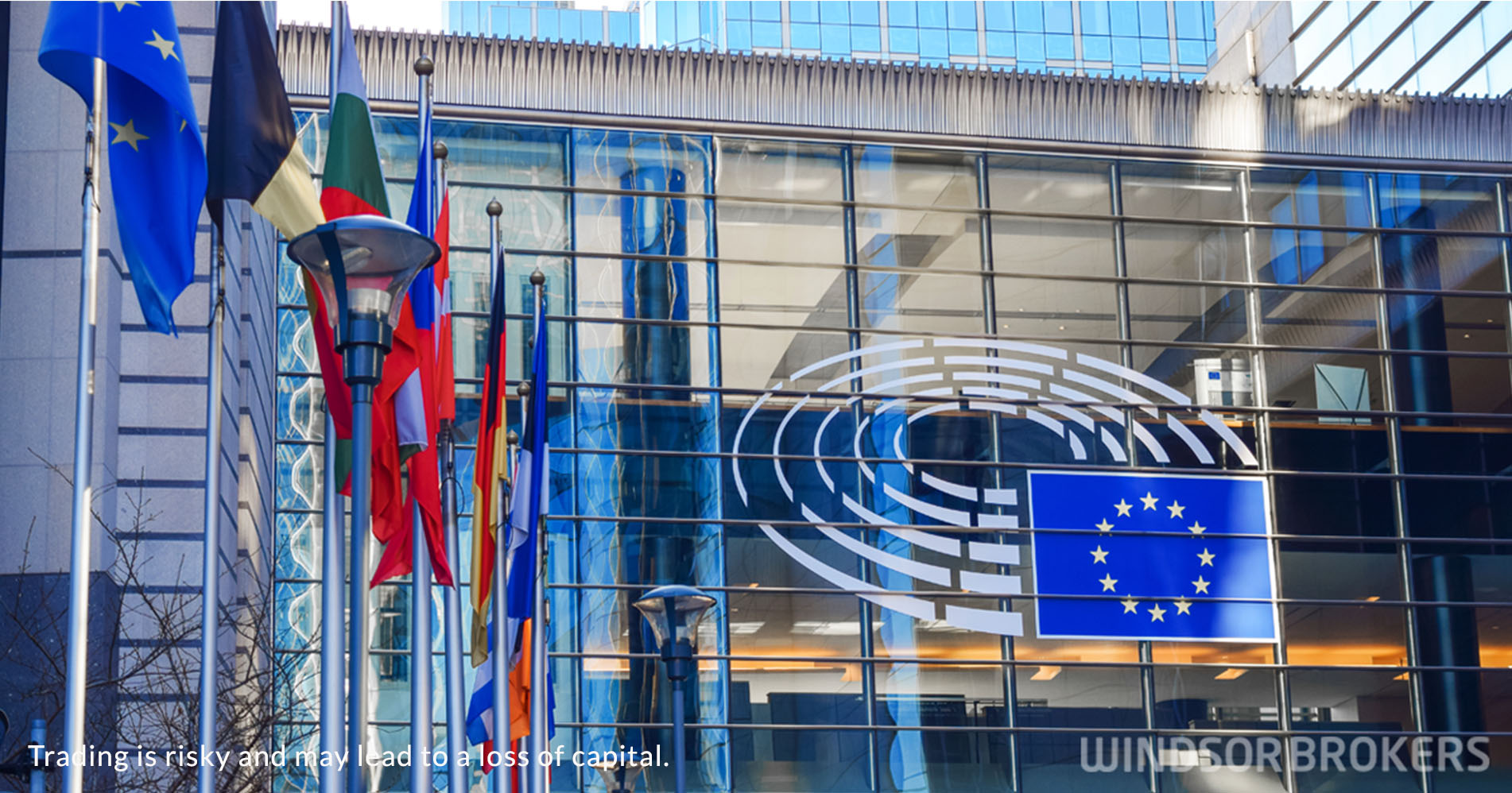Decline in business activity adds to signals the Eurozone is heading into a mild recession
Eurozone’s Composite Purchasing Managers’ Index, which tracks the activity in both, manufacturing and services sectors and is seen as a gauge of overall economic health, edged up to 47.8 in November from 47.3 in October (the lowest in nearly two years), in line with expectations.
The index remains below the 50 threshold since July, indicating contraction and adding to warning signals that the bloc’s economy is sliding into recession, though economists are cautiously optimistic as the current downturn is modest and suggesting that recession is likely to be mild.
Data released earlier add to negative outlook and expectations that the economy would contract by 0.4% in the last quarter of 2022.
EU’s employment index fell to 51.8 from 52.5 last month and the activity in bloc’s dominant services sector dipped to 48.5 in November from 48.6, with negative figures being partially countered by slightly better than expected numbers from manufacturing sector (Nov manufacturing PMI 47.1 vs Oct 46.4) and drop in input and output prices that suggests inflationary pressures have already peaked.
Eurozone inflation edged lower to 10% in November (below expectations) from a record high at 10.6% registered previous month, though still being five times above the ECB’s 2% target that tempers the optimism.
The European Central Bank continues its fight against inflation and is likely to deliver another 50 basis points rate hike later this month, with further policy tightening to contribute to encouraging signals that inflation has peaked and negative impact on demand from high prices is likely to start easing.


